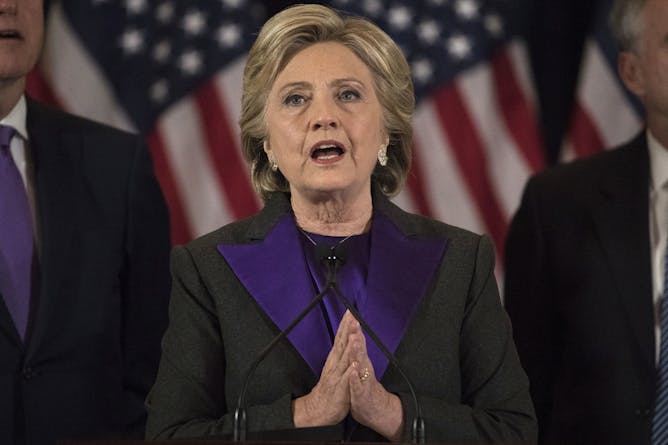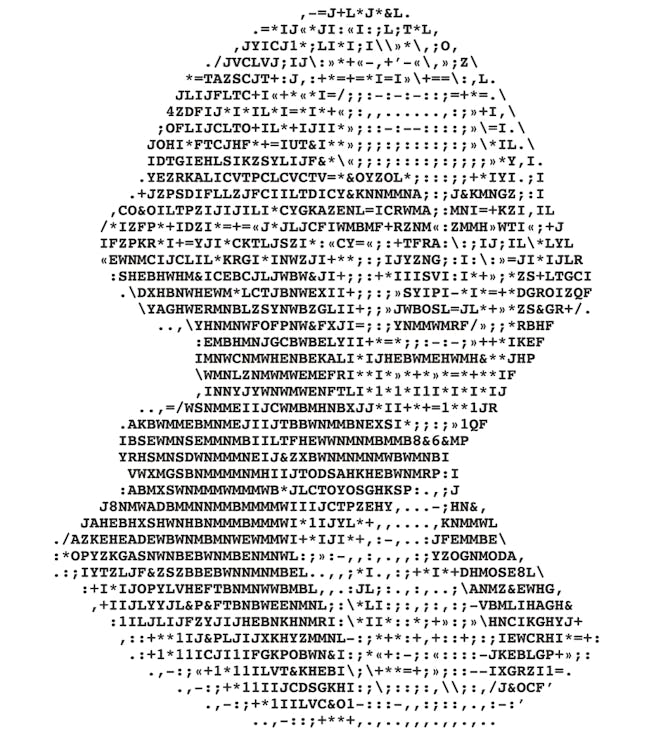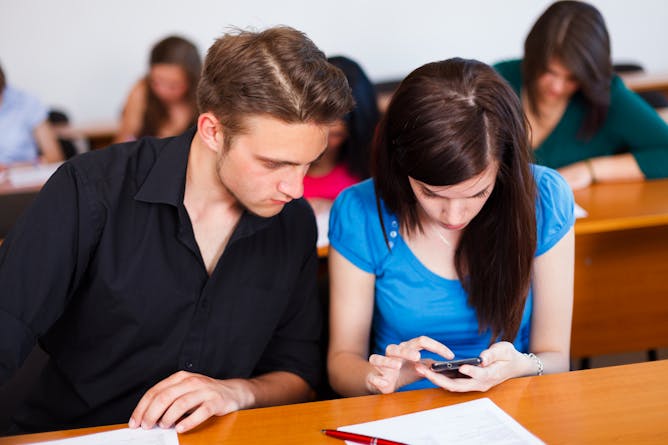| |
|
|
|
|
|
|
| |
|
Editor's note
|
|
Earlier this week, intelligence officials warned Congress about the dangers of continuing Russian interference in the U.S. electoral system. Of course, “fake news” – some of it fabricated in Russia – got a lot of attention during the 2016 U.S. presidential election. But was it just an annoyance or something more sinister? Three scholars associated with the Comparative National Election Project at The Ohio State University explain how they tested the notion that fake news may have actually swung the election.
The fact is, voters are probably more susceptible to fake news than you’d think. When literary scholar Andy Elfenbein was researching his book “The Gist of Reading,” he came across a substantial amount of psychology research showing just how powerful misinformation can be. Reading something false – be it a newspaper article or a novel – can even make us doubt common knowledge, like the fact that George Washington was the country’s first president.
Despite having excellent reputations, some of America’s top high schools are making headlines when their students get caught cheating on tests. To reduce the temptation to cheat, Ohio State professor of educational psychology Eric M. Anderman suggests educators find a new focus to replace test scores and grades.
|
Emily Costello
Deputy Editor/Politics + Society Editor
|

|
|
Top Stories
|

Democratic candidate Hillary Clinton concedes the 2016 presidential election.
AP Photo/Matt Rourke
Richard Gunther, The Ohio State University; Erik C. Nisbet, The Ohio State University; Paul Beck, The Ohio State University
Yes, votes are cast based on many factors. But a new survey and analysis suggests that belief in fake news could have been decisive during the 2016 election.
|

Even common knowledge isn’t immune.
ledokolua/Shutterstock.com
Andrew Elfenbein, University of Minnesota
Reading something that sows doubt about a widely agreed-upon fact – even the election of George Washington as president – can have a profound effect.
|

Several recent cheating scandals have rocked some of America’s most prestigious high schools.
Shutterstock.com
Eric M. Anderman, The Ohio State University
Despite embarrassing publicity about cheating at top US high schools, academic dishonesty remains a problem. Could focusing on mastery instead of test scores help mitigate the problem?
|
Education
|
-
Bryan Warnick, The Ohio State University; Benjamin A. Johnson, Utah Valley University; Sam Rocha, University of British Columbia
When school shootings take place, beefed up security is often seen as a solution. Experience shows, however, that school shootings stem from social factors that require a different response.
|
|
Science + Technology
|
-
Jaci VanHeest, University of Connecticut
Wearables help regular people track their activity, but sophisticated technology can give deeper insights to elite athletes.
-
Jeff Inglis, The Conversation
Researchers reveal the ways the US election system is under threat – only one of which has anything to do with Russia.
-
Ian Setliff, Vanderbilt University; Amyn Murji, Vanderbilt University
Flu virus mutates so quickly that one year's vaccine won't work on the next year's common strains. But rational design – a new way to create vaccines – might pave the way for more lasting solutions.
|
|
Economy + Business
|
-
Matt Gritter, Angelo State University
SNAP and its precursors have weathered plenty of efforts to shrink the safety net. Its decades of bipartisan support make it likely to survive this one.
-
Richard S. Warr, North Carolina State University
While many market observers blame growing concerns about inflation for the stock market crash, the real culprit may be fears that the economy is about to slow.
-
Caroline Bruckner, American University
Companies like Uber and Etsy don't have to tell most of the people working with them how much they've earned. With the federal government so behind the curve, some states are changing their rules.
|
|
|
|
Trending on site
|
-
Geneviève Zubrzycki, University of Michigan
Seventy years after the end of World War II, a battle is taking place over Polish collective memory.
-
Davide Tanasi, University of South Florida
Growing grapes and making wine come with a lot of implications about a culture's capabilities. Apparently, Sicily of 6,000 years ago was more sophisticated than archaeologists had given it credit for.
-
Laura Haynes, University of Connecticut
Anyone who's had the flu can attest that it makes them feel horrible. But why? What is going on inside the body that brings such pain and malaise? An immunologist explains.
|
|
Today’s chart
|
-

 Manuel Pastor
University of Southern California – Dornsife College of Letters, Arts and Sciences
Manuel Pastor
University of Southern California – Dornsife College of Letters, Arts and Sciences
| | | |
| |
|
|
|
|
|
|
|
|